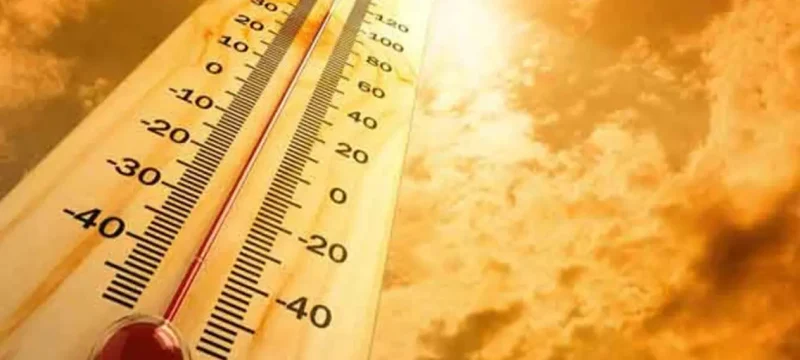The National Institute of Health (NIH) has issued a critical advisory warning the public about the escalating risks of deadly diseases and fatalities due to heat waves and sunstroke in Pakistan. This advisory underscores the heightened danger posed by climate change, which is exacerbating the country’s weather patterns and leading to more severe heat waves.
- Increased Risk:
- Heat waves are becoming more frequent and intense, leading to significant health threats.
- Vulnerable populations, including the elderly, children, and individuals with underlying health conditions, are at higher risk.
- Precautionary Measures:
- Stay Hydrated: Drink plenty of clean water to prevent dehydration.
- Avoid Direct Sunlight: Limit exposure to the sun, especially during peak hours of intense heat.
- Limit Outdoor Activities: Refrain from unnecessary outdoor activities during the hottest parts of the day.
- Health Impacts:
The advisory highlights the severe health impacts of heat waves, including heat exhaustion, heatstroke, and other heat-related illnesses.
Also Read: Pakistan is currently experiencing a severe heatwave, prompting the issuance of alerts
- Community and Public Health Response:
- The NIH’s alert calls for community awareness and proactive measures to protect public health.
- Citizens are encouraged to look out for each other, particularly those who are most vulnerable.
Context and Urgency:
This advisory comes at a critical time as temperatures continue to rise across Pakistan. The NIH’s recommendations aim to prevent the severe health consequences associated with extreme heat, emphasizing that simple yet effective steps can make a significant difference in safeguarding health.
Stay Hydrated: Drink plenty of water. Avoid Sunlight: Stay out of the sun during peak hours. Limit Outdoor Activities: Avoid being outside during the hottest times of the day. Watch Vulnerable Groups: Pay special attention to the elderly, children, and those with health conditions.
By adhering to these guidelines, citizens can protect themselves and their families from the dangers posed by the increasing frequency and intensity of heat waves, ensuring better health and safety during the hot weather conditions.









